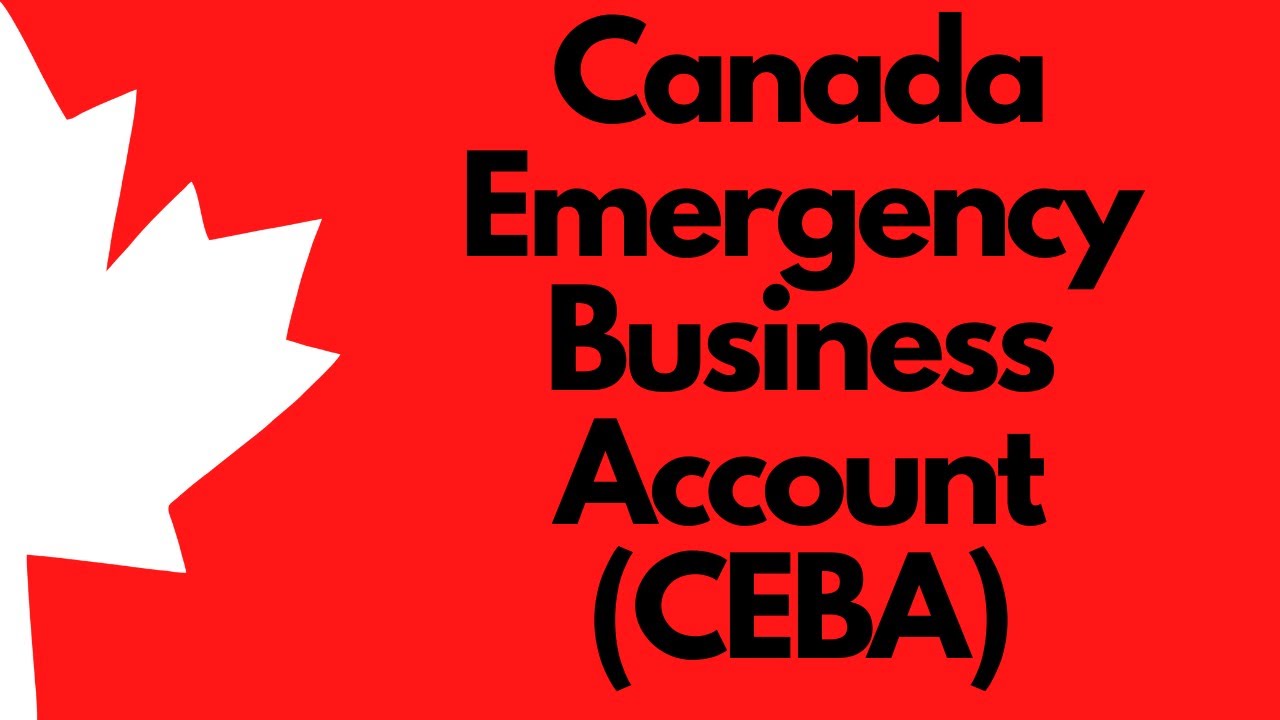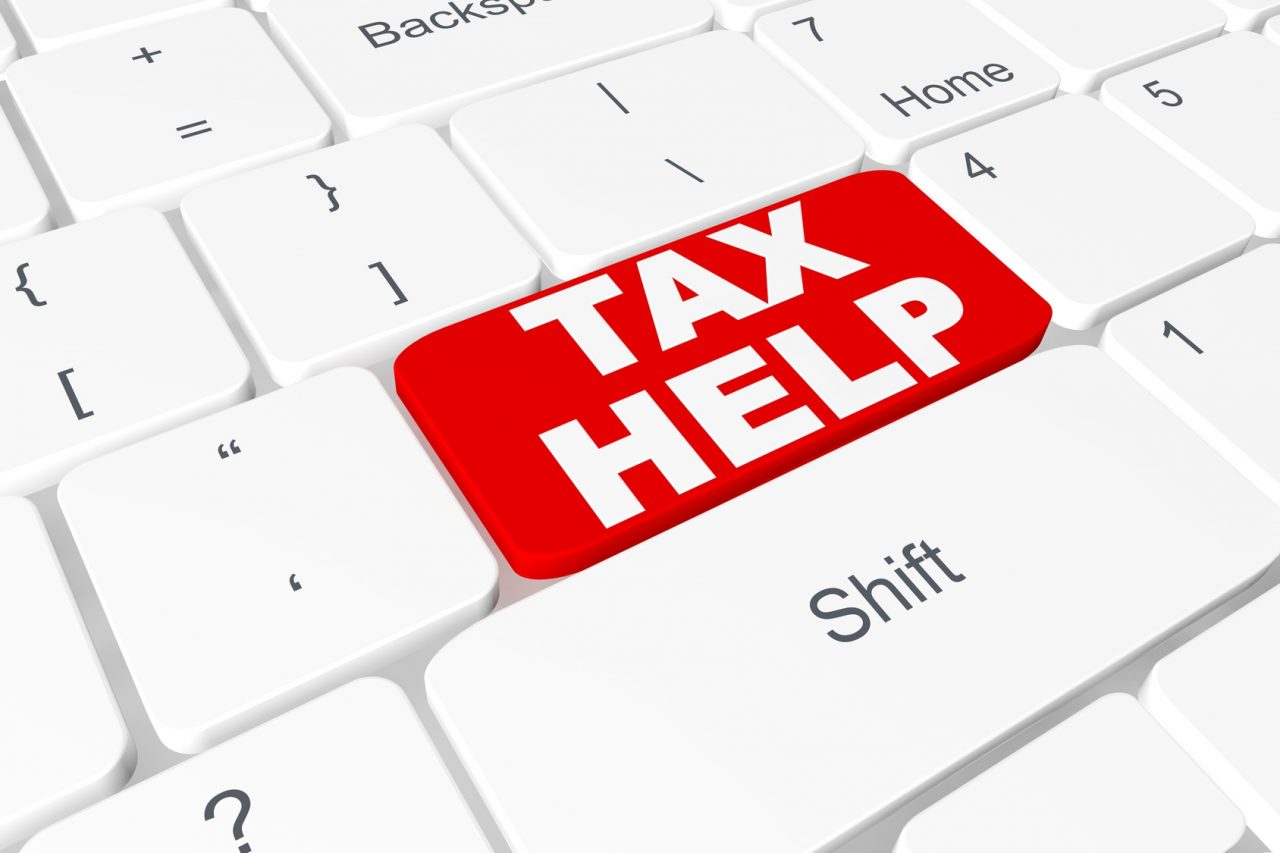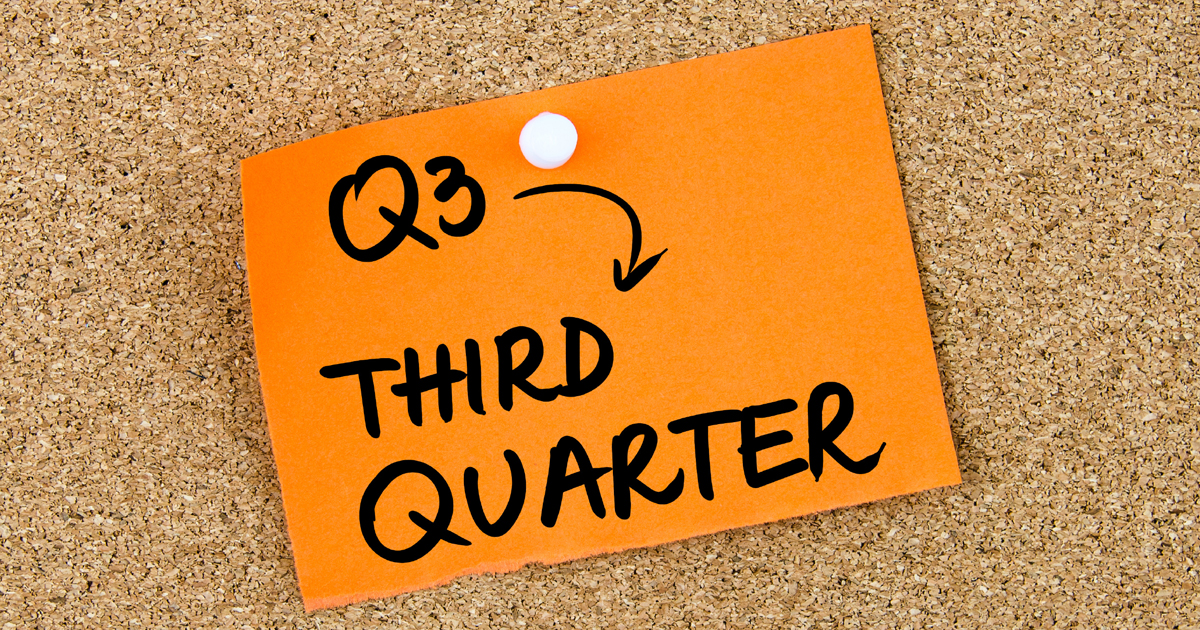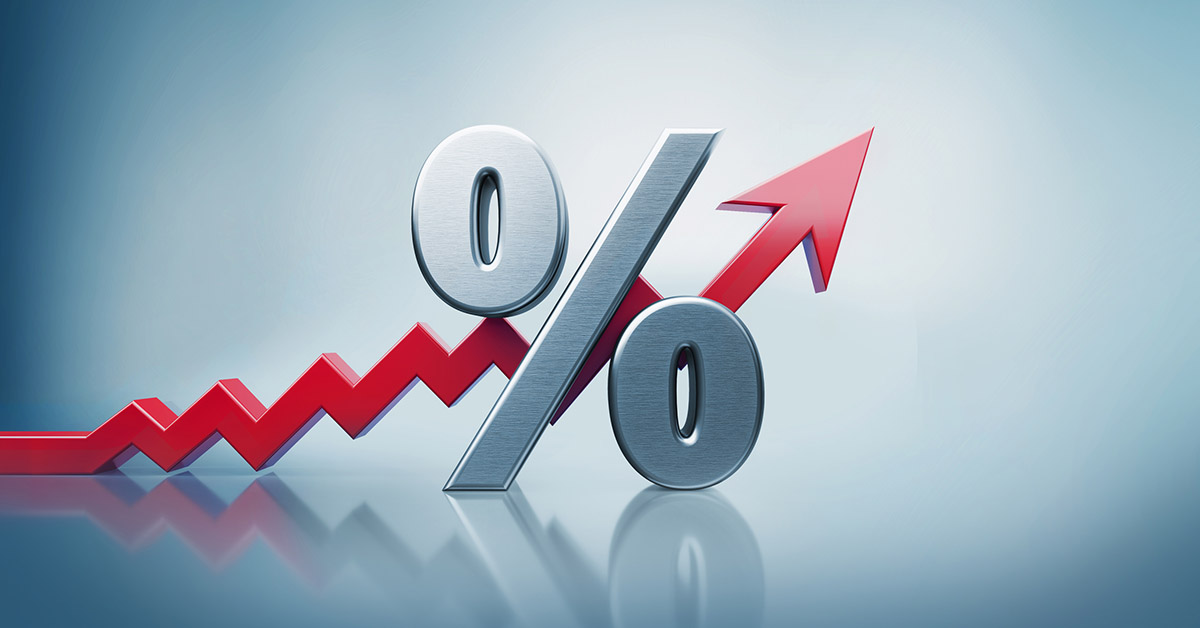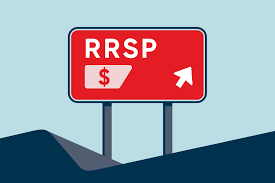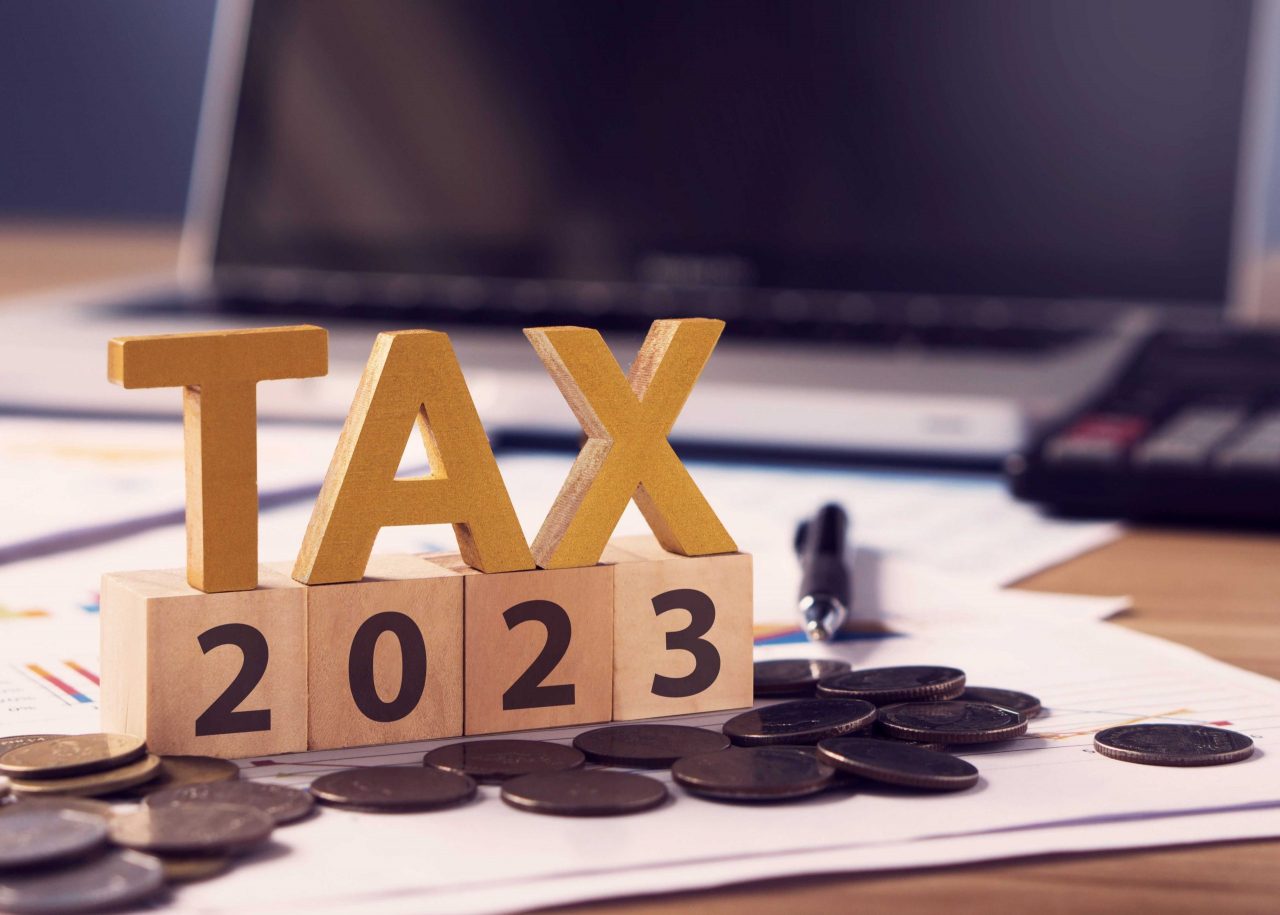When the pandemic began in the spring of 2020, it wasn’t long before it became apparent that the increasing threat was to both public health and to the economy. In response to the economic threat, the federal government launched a wide range of support programs for both individuals and businesses.
Newsletter - Page 9 of 30 - Akler Browning LLP
The Canadian tax system is a “self-assessing system” which relies heavily on the voluntary co-operation of taxpayers. Canadians are expected (in fact, in most cases, required) to complete and file a tax return each spring, reporting income from all sources, calculating the amount of tax owed, and remitting that amount to the federal government on or before April 30.
Two quarterly newsletters have been added—one dealing with personal issues, and one dealing with corporate issues.
While the way in which post-secondary learning is delivered may have changed and changed again over the past three and a half years, as the pandemic waxed and waned and finally ended, the financial realities of post-secondary education have not.
The scarcity of affordable housing in just about every Canadian community can’t be news to anyone anymore. Whether it’s in relation to rental housing or the purchase of a first home, the opportunity to secure affordable, long-term housing has become more and more elusive, especially for younger Canadians.
By mid to late summer, almost every Canadian has filed his or her income tax return for the previous year and has received the Notice of Assessment issued by the Canada Revenue Agency (CRA) with respect to that tax filing. Most taxpayers, therefore, would consider that their annual filing and payment obligations are done and behind them for another year.
Between 2009 and early 2022, Canadians lived (and borrowed) in an ultra-low interest rate environment. Between January 2009 and March 2022, the bank rate (from which commercial interest rates are determined) was (except, briefly, in the fall of 2018) never higher than 1.50% – and was almost always lower than that.
The age at which Canadians retire and begin deriving income from government and private pensions and private retirement savings has become something of a moving target.
By the time summer arrives, nearly all Canadians have filed their income tax returns for the previous year, have received a Notice of Assessment from the tax authorities with respect to that return and have either spent their tax refund or, more grudgingly, paid any balance of tax owing.
At a time when Canadian households are coping simultaneously with ongoing inflation, especially food inflation, as well as interest rates which are at their highest point in decades, every dollar of income counts. And where that income can be obtained with minimal effort, and received tax-free, then it’s a win-win for the recipient.

